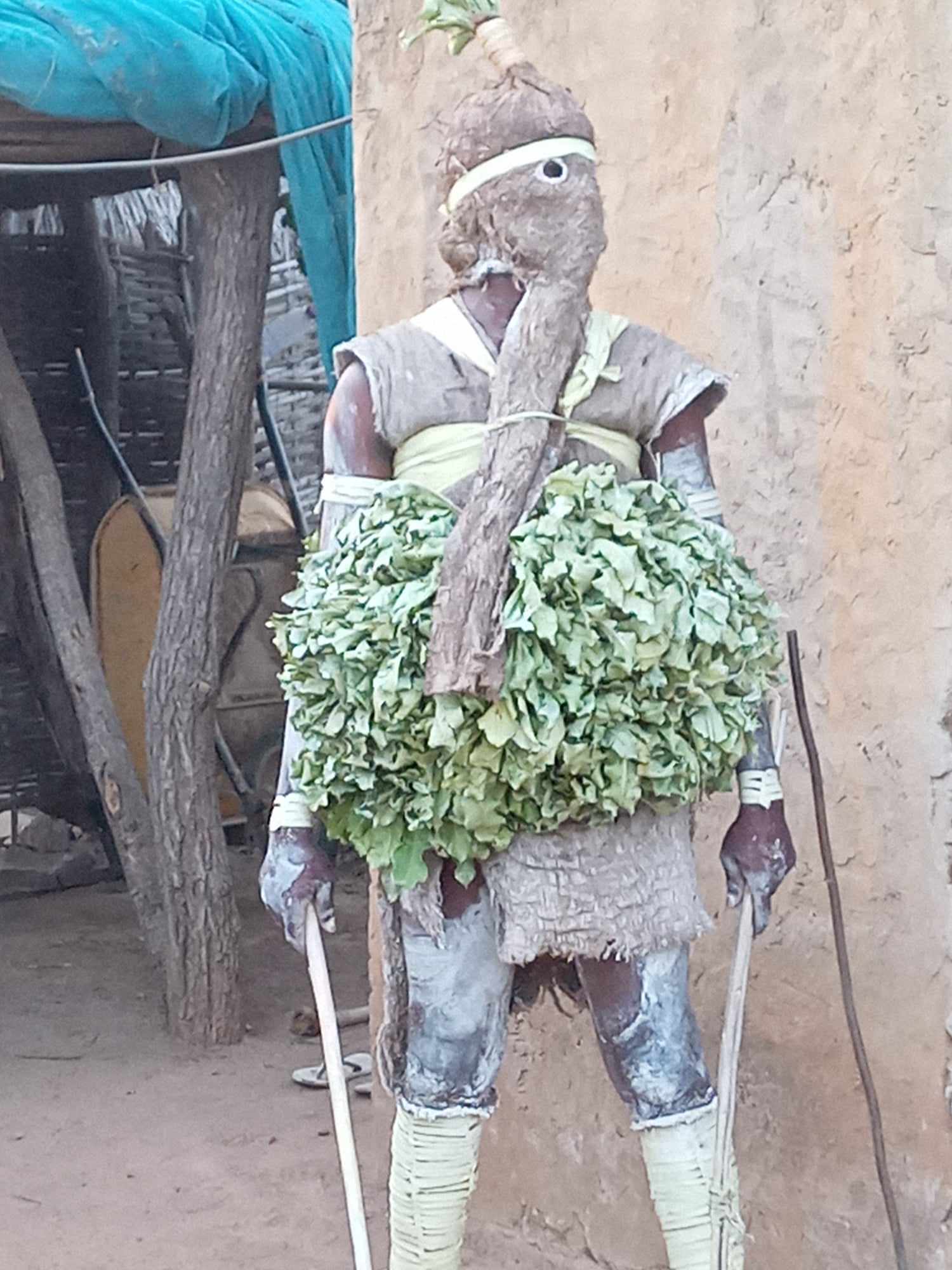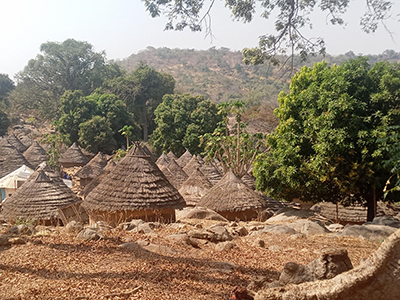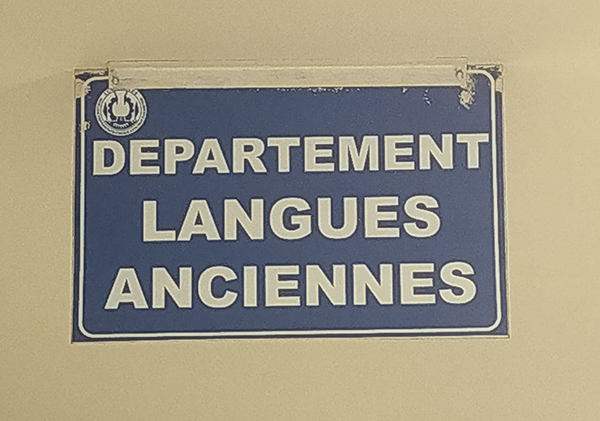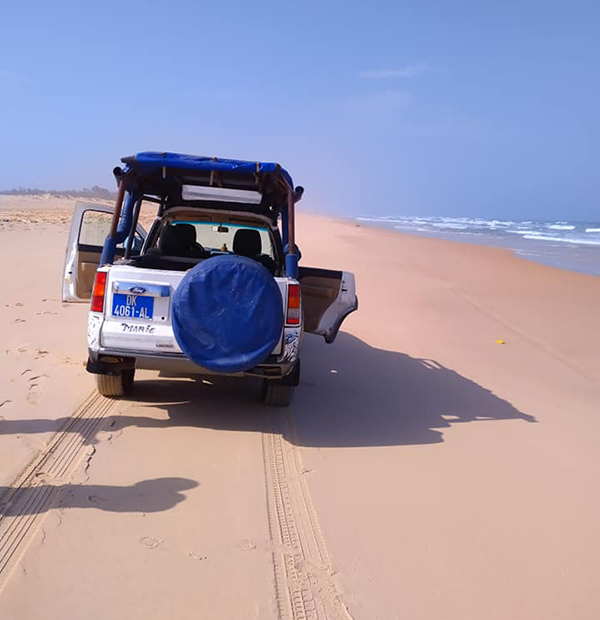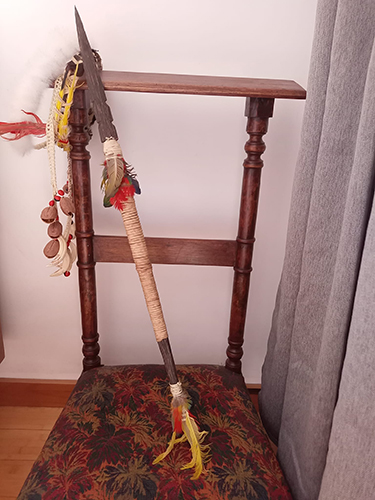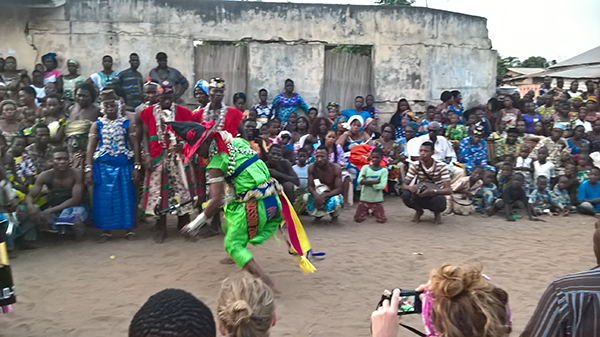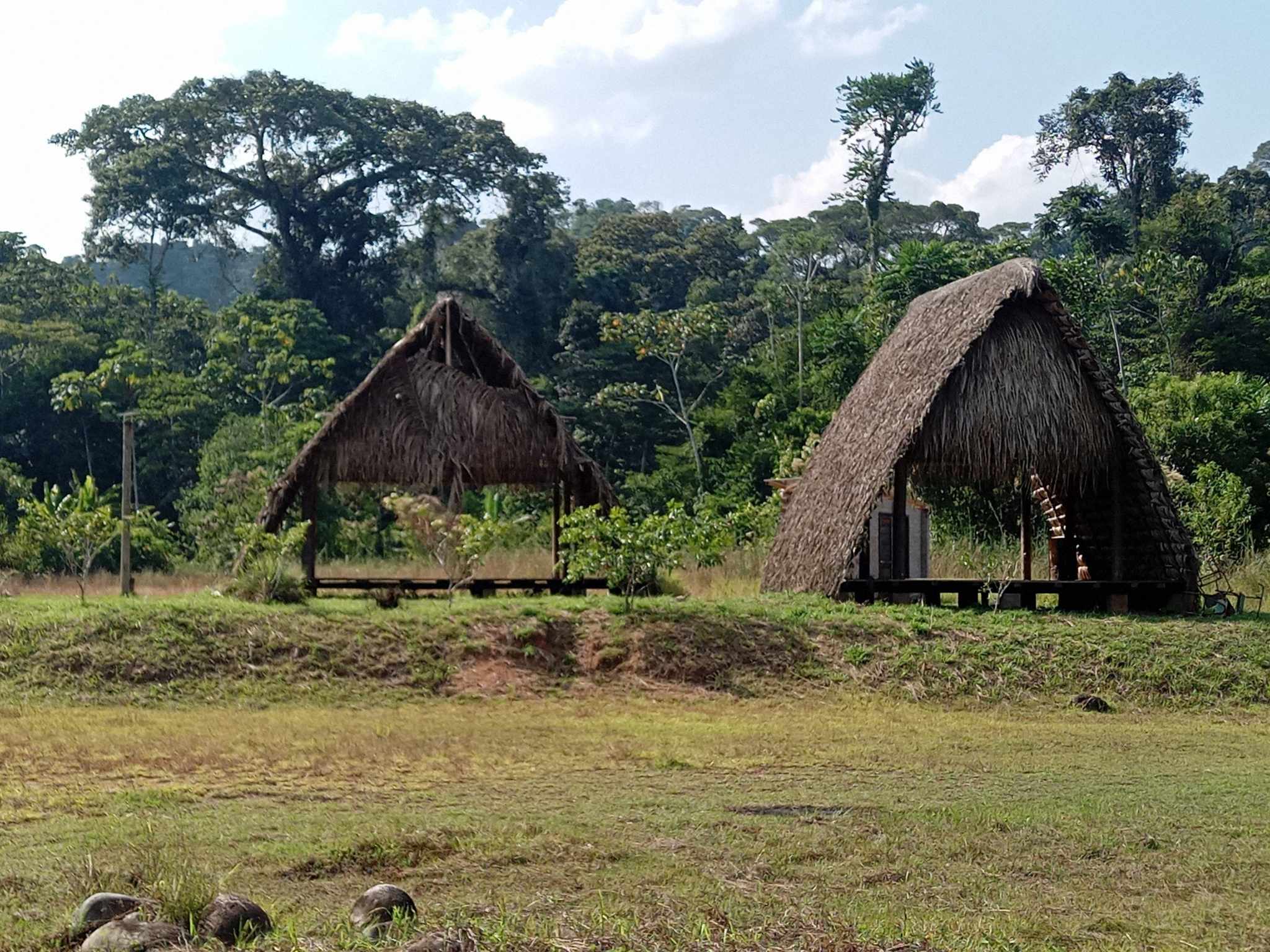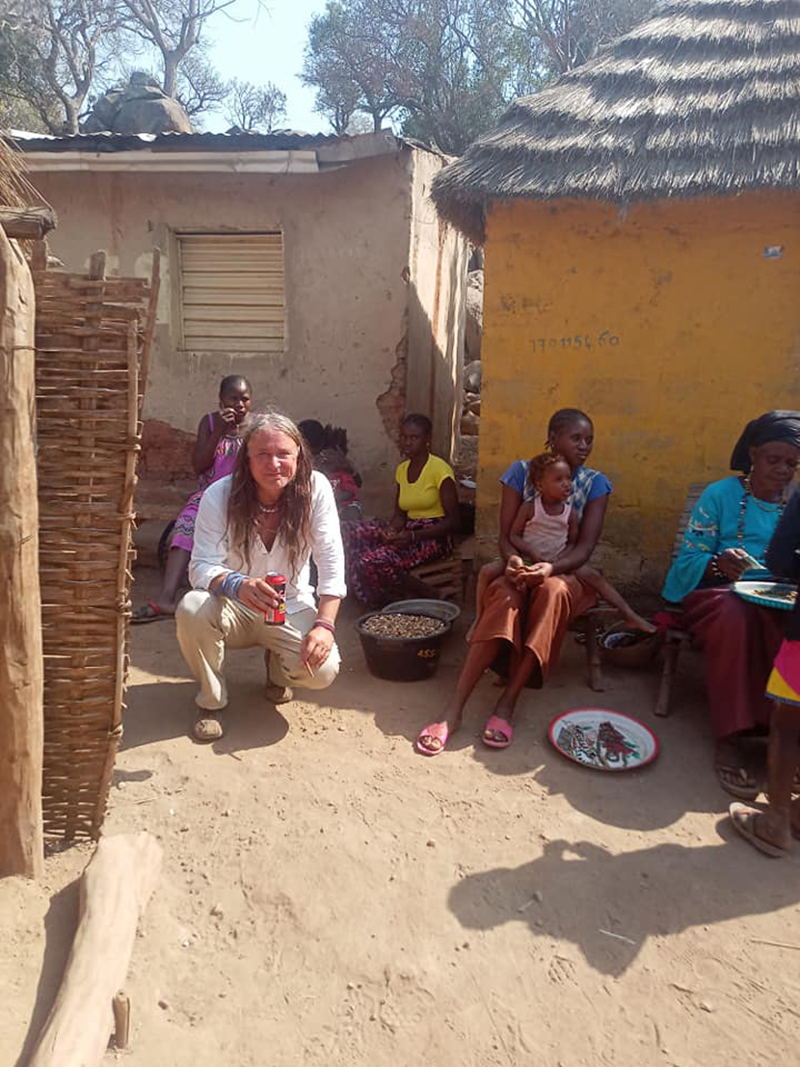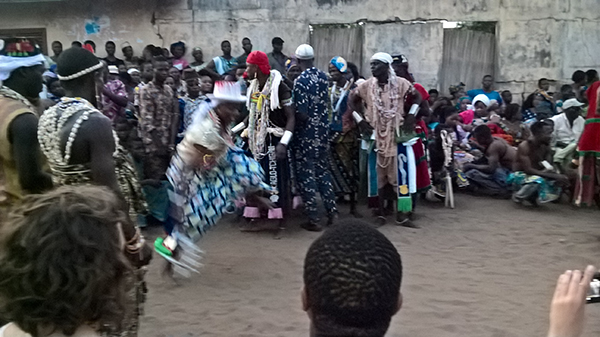The Origin of Rhythm in Mutual Entrainment
This project explores the origin of rhythmic capacity by researching the dynamics of empathy and cognitive control in small-scale societies dances from Australasia, Africa, South America and around the Artic Circle. Our aims are:
- To develop a mechanistic study focusing on the neurophysiological mechanisms involved in the dynamic balancing of affect and cognition that is required by dancing.
- To explore the phenomenon of mutual entrainment and the extent to which it is driven by the afore-mentioned mechanism.
- To explore mutual entrainment in traditional dances in small-scale societies to gain first-hand knowledge of dances in situ, that is, knowledge about the ways in which dances serve the needs of small-scale societies, thereby opening a window to the past to aid us in gaining an evolutionary perspective.
This is a long-term project that requires extensive research in the field. The organization of the field trips builds on Tudor Balinisteanu’s previous experience of researching dance in Africa employing qualitative and descriptive methods. Check this space regularly for updates on our progress.
18-28 January 2021: Visit at Université Cheikh Anta Diop, Dakar, Senegal, where contacts have been established for future field research focused on the Serer-Safen populations. We found academic collaborations to aid us in our research, as well as establishing channels for hiring translators and transport. Our main contact person and fellow researcher is Mamadou Dramé, Enseignant-chercheur à la FASTEF – UCAD, specialised in grammar and sociolinguistics, and former Directeur de Cabinet du Ministre de la communication et de l’économie numérique du Sénégal.
1 March 2023: Commencement of field work among the Serer-Safen with a base at Université Cheikh Anta Diop, Dakar, West African Research Center, Dakar, and Goldsmiths, University of London. There are 2 small scale societies from Africa that are sites for on-going data collection: Serer-Safen and Bedik from Senegal. However, ethnographic research is also ongoing on traditional dances of the Dioula of Cote d’Ivoire.
April 2023: Fieldwork vehicle was purchased, matriculated, and insured. It is a Dacia Duster.
May 2023: Collaboration with University of Mauritius initiated. We agreed to carry out the baseline study in both Romania and Mauritius. The two countries are comparable in terms of degrees of urbanicity, but differ in terms of local culture(s). This will help us verify our universality hypothesis (that the dynamic of empathy and cognitive control is similar irrespective of cultural differences). We will then compare the results for populations with high urbanicity with the results for populations with lower degrees of urbanicity (remote small-scale societies).
June 2023: A fieldwork visit with an ethnographic focus on the Dioula dances was undertaken in Cote d’Ivoire.
1 October 2023: Field work among the Bedik of south Senegal commenced.
31 January 2024: Fieldwork among the Bedik and the Serer-Safen concluded on 31 January 2024, but plans to extend data collection long-term are being drawn.
20 March 2024: Data analysis indicates that affective empathy predominates in partnered mutual entrainment without externally produced rhythm, whereas cognitive empathy predominates in partnered dance on an externally produced regular rhythm. Affective empathy decreases when cognitive empathy increases (that is, in the presence of an external regular rhythm). Cognitive empathy decreases when affective empathy increases (that is, in mutual entrainment without external rhythm). A paper outlining this research and results is being prepared for publication.
22 March 2024: Fieldwork among the Waorani in Ecuador has commenced.
28 February 2025: Fieldwork among the Waorani in the Amazonian Ecuador has ended (but future visits by bilateral agreement with USFQ are envisioned).


